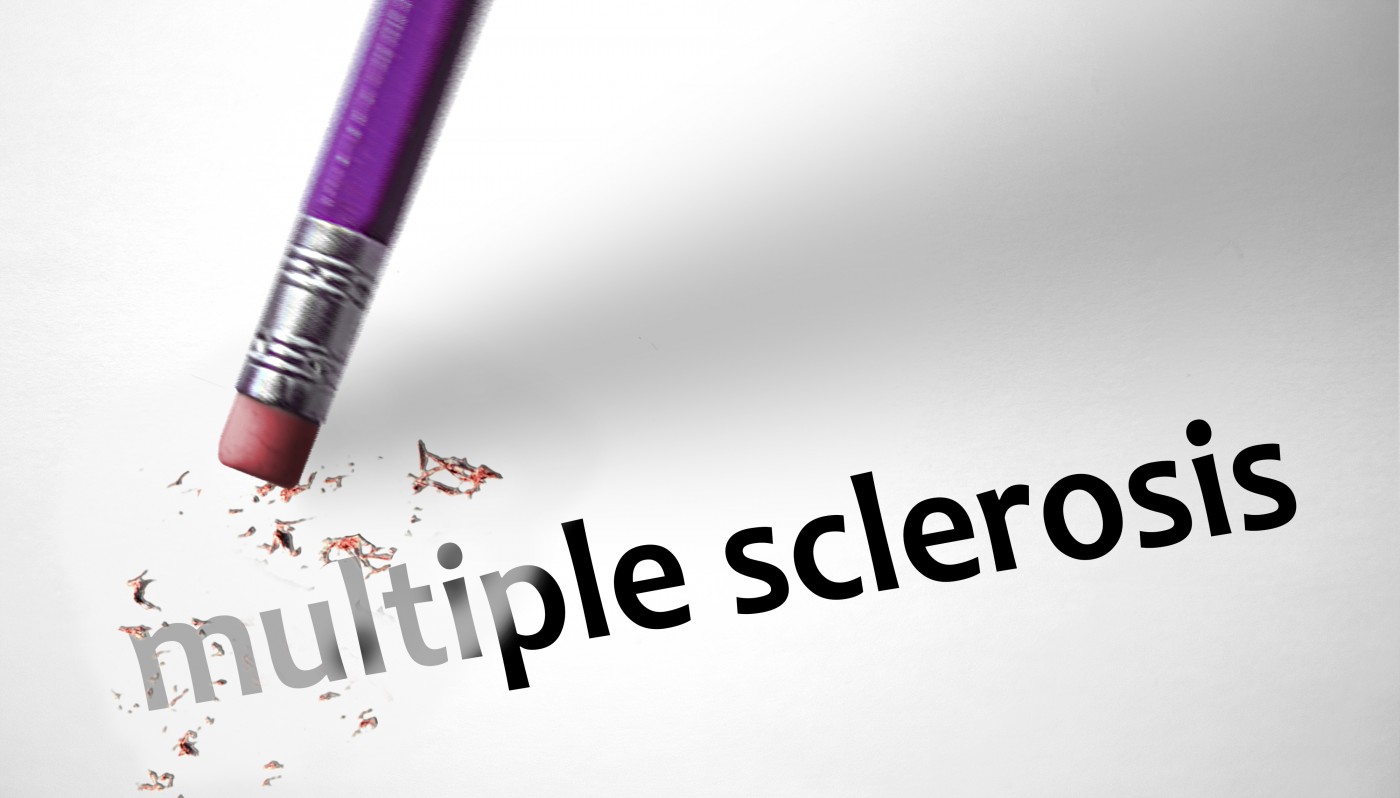Sanofi Genzyme Presenting New Data on Its Approved and Investigational Multiple Sclerosis Treatments at AAN
Written by |

Sanofi Genzyme will present new data on its approved multiple sclerosis (MS) treatments — Lemtrada (alemtuzumab) and Aubagio (teriflunomide) — at the 68th annual meeting of the American Academy of Neurology (AAN), taking place in Vancouver, Canada, through April 21, as well as data on investigational therapies in its pipeline.
In total, the meeting will include over 35 presentations from across the company’s MS franchise.
“Nearly 8,000 patients worldwide have now been treated with Lemtrada, which potentially offers a unique approach to treating relapsing forms of MS based on sustained effects in the absence of continuous treatment. We look forward to sharing new investigational clinical trial and real-world data at AAN to help the MS community better understand the potential benefits of this treatment,” said Carole Huntsman, Sanofi Genzyme’s Global Multiple Sclerosis Lead, in a press release. “Lemtrada and Aubagio play important roles in the MS treatment landscape, and our research efforts, focused on unmet needs for relapsing and progressive forms of the disease, demonstrate our long-term commitment to people living with MS.”
Aubagio is an oral, once-daily monotherapy indicated for the treatment of patients with relapsing-remitting multiple sclerosis (RRMS) to reduce the frequency of clinical exacerbations and to delay the accumulation of physical disability. It is an active metabolite of the compound leflunomide and a pyrimidine synthesis inhibitor. Aubagio has immunomodulatory properties, and can mitigate the rate and extent of damage caused to nerve fibers in neurodegenerative conditions. The drug is effective across key measures of MS disease activity: sustained disability progression (14 mg only), annualized relapse rate, and magnetic resonance imaging (MRI) activity.
Lemtrada is approved in more than 50 countries for the treatment of adults with relapsing forms of MS. The drug is a monoclonal antibody that targets CD52, a specific receptor on the surface of immune T- and B-cells. Circulating T-cells and B-cells are thought to be responsible for the damaging inflammatory process in MS. Lemtrada depletes circulating T- and B-lymphocytes after each treatment course. Lymphocyte counts then increase over time with a reconstitution of the lymphocyte population that varies for the different lymphocyte subtypes. Because of its risks, Lemtrada is generally prescribed only to patients who have tried two or more MS medicines, but had an inadequate response to them.
The complete list of Sanofi Genzyme’s presentations at AAN 2016, which opened on April 15, can be found here.


